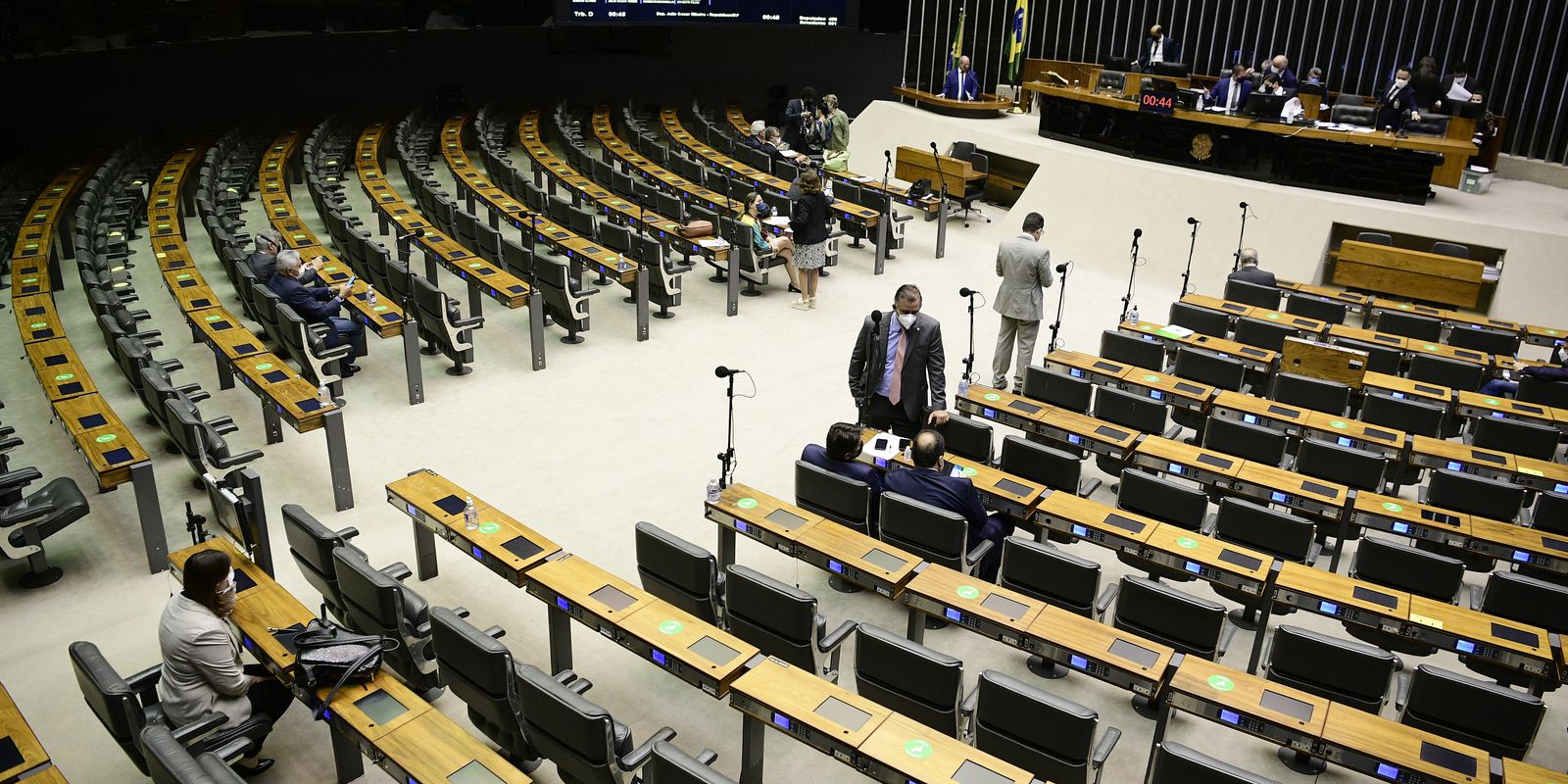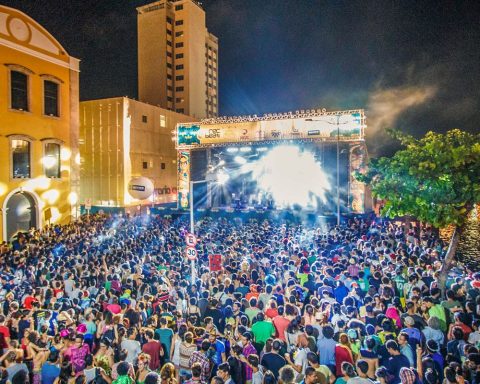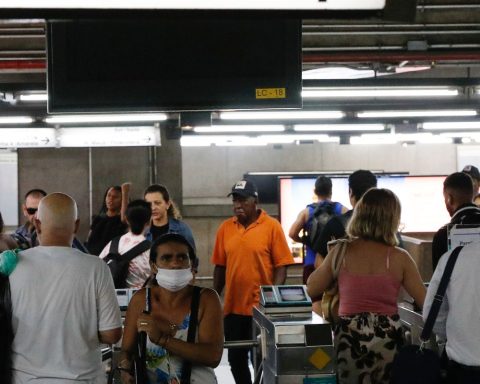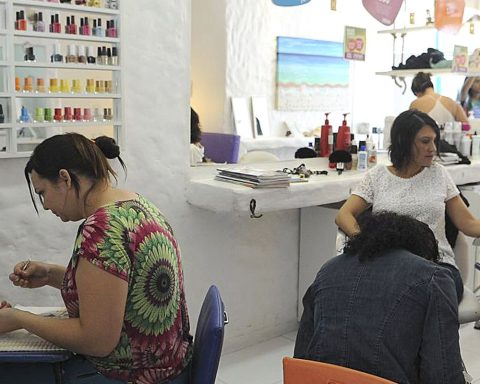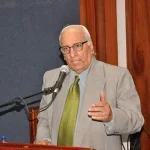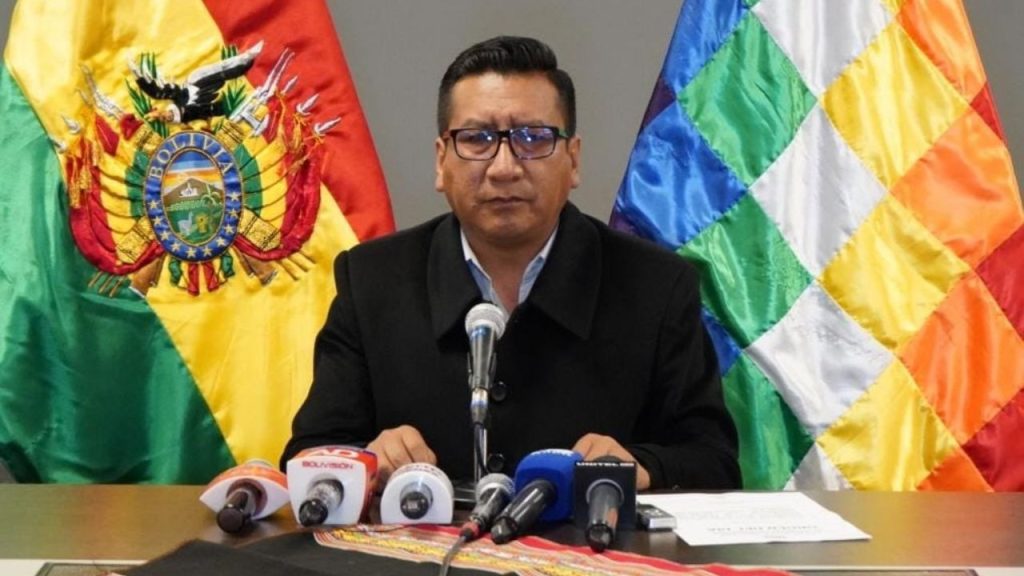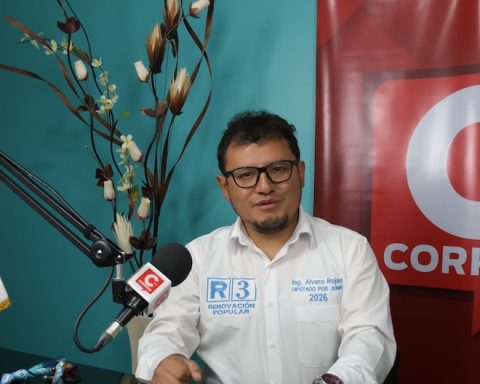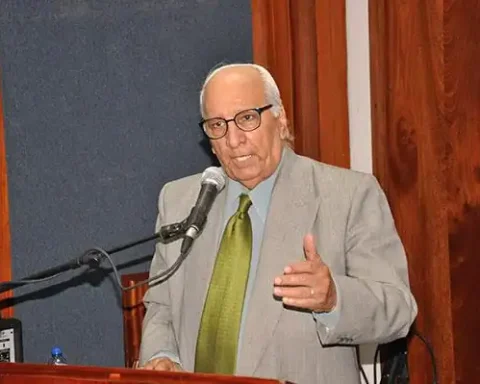The National Congress overturned today (17) a presidential veto and, with that, increased the value of the Electoral Fund from R$ 2 billion to more than R$ 5.7 billion. In August, the president of the republic had vetoed this expansion when it sanctioned the Budget Guidelines Law (LDO) of 2022. The section, before vetoed and now overturned, now goes to enactment.
The veto was first analyzed in the Chamber and deputies overturned it by a score of 317 votes to 143. In the Senate, there were 53 votes for overturning the veto and 21 for its maintenance. In the Senate, as well as in the Chamber, the matter was the subject of debate.
For senator Telmário Mota (Pros-RR), to be in favor of the veto, and against the R$ 5.7 billion for the campaigns, is to adopt an “easy and demagogic speech”. He defended the overthrow of the veto in order, according to him, to bring equal conditions to the candidates and strengthen democracy.
“How is a community leader going to be able to dispute an election with a great businessman or a descendant of an oligarchy? The private financing system [de campanha] it almost compromised Brazilian democracy. Public funding was chosen. Financing must be equal for all”, he stated.
Senator Alessandro Vieira (Cidadania-SE) said he was “outraged” with such an amount for the Electoral Fund. For him, it is not time for the country to revert such amount to political campaigns. “Maintaining the veto is the minimum of respect for a country hurt by the pandemic, with more than 20 million people suffering from hunger and which now, at the end of the day, sees itself as having the right to reward party presidents and candidates in the next elections with mountains of public money.”
Electoral Fund
The Special Campaign Financing Fund, or just Electoral Fund, was created in 2017. Its creation followed the ban on private campaign financing. in 2015, the Federal Supreme Court (STF) banned corporate donations to political campaigns, alleging that there is an imbalance in the political dispute and the abusive exercise of economic power.
Without private funds to fund electoral campaigns, the Electoral Fund was created. It is made up of federal budget allocations, transferred to the Superior Electoral Court (TSE) in until the beginning of June, only in electoral years. In 2018, for example, just over R$ 1.7 billion from the Electoral Fund was transferred to the parties to finance campaigns.
